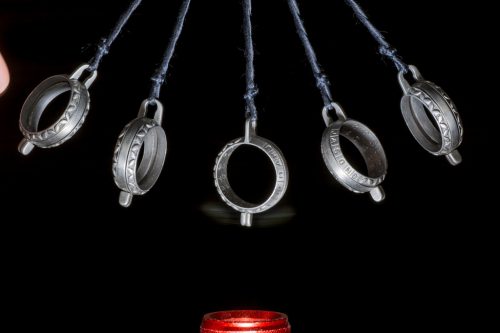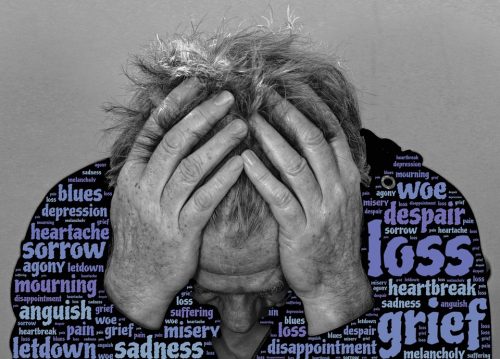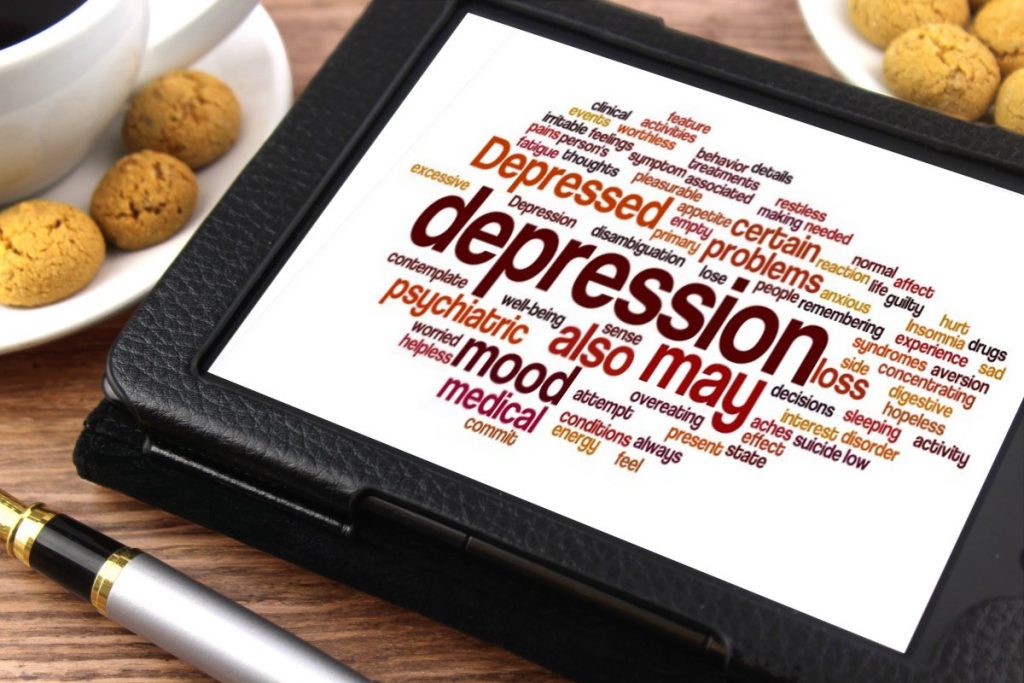Some people I know discouraged me when I told them I wanted to try hypnotherapy to see if it could help with my depression. “The overall goal of hypnotherapy is to create a relaxed but conscious state where individuals feel comfortable enough to discuss their circumstances without becoming overly anxious or emotional,” according to Wendi Friesen, CHT, a certified clinical hypnotherapist – I read about it online. Each has different opinions about the process. I searched online for reviews and found out that some find it effective, but others not. Out of curiosity, I looked for a hypnotherapist and tried it to see what it can do for me.

I found myself sitting in that room, waiting for the secretary at the office of the hypnotherapist to call my name. I was clutching onto my bag when I overheard the woman beside me talked about how she had tried hypnotherapy once right at her home. She really felt good and relaxed after that, so she decided to come over. Hearing her story gave me hope.
Like Any Treatment, There’s A Danger Too
I actually have no idea what hypnotherapy was aside from what I read on google. Before the session starts, the therapist talked to me about possible dangers, like the conception of false memories and a feeling of distress. “Hypnotherapy appears to work best when used with other forms of treatment,” says Steve G. Kopp, a licensed mental health counselor and marriage and family therapist.

Hypnosis can be an assistive therapy to make other forms of treatment more effective. With hypnosis, your mind and body can be in that area of tranquility. But to be in that moment, you got to visit the past to find what causes you to be depressed and addressed that.
Depression Can Bring You In And Out Of That Place Of Chaos
Hearing what hypnosis is from the therapist made me think that negative emotions like depression could also bring the mind and body into that peaceful state. It was the world that used to be my own. Only, it was taken away, replaced by nothing but its opposite, a place of chaos.
During the session, we visited the past. It felt like there’s no way out in this world of loneliness I was trapped in. I didn’t want to move because it makes no sense to do so. Fighting hard to survive makes me feel like just burying myself more in-depth into the pit.
The depression I was in made me feel numb. That to stay still and do nothing is the best thing to do. I felt like I have no strength to escape from that moment. Being disconnected from reality is exactly how I felt at that moment.
Brings In More Agony
“Hypnosis isn’t something that can make you do something against your will,” explains certified clinical hypnotist Joanne Ferdman of Theta Healing Arts in Huntington, New York, but hypnotherapy dragged me down the memory lane of pain. It made me get in touch again with the past I’m trying to forget. It was really traumatizing. But therapist said that’s part of the process. They hope that if that repressed memory is faced and tackled, it could result in better mental health, only in a harrowing and traumatizing process.
After the session, the therapist talked me into realizing that there is nothing more I can do to change the past. And I have to move on. He hopes that I would heal and will start to make changes after the realization.

But because the process brings in more agony, it left me more depressed (worse situation) than I was before the treatment began. I can’t take my mind off the painful things that had happened. I just find it hard to focus on the perspective of what is right.
That was my experience with hypnotherapy. I found my answer, and I’m a bit discouraged about doing it again. It wasn’t able to take away my depression, even disabled me more from functioning normally. Maybe for some, they find it useful.
Now, I got to go back to doing clinical tests, medications, and CBT again. My present doctor and therapist encouraged me to go back to a healthier lifestyle, do more social and physical activities, manage my stress, and if things become unmanageable, time to visit my therapist.
Disclaimer:
I’m not saying that hypnotherapy is a hoax. It’s just that I think it’s not for everybody. Just like any form of treatment, it doesn’t fit all. It may work for some, but unfortunately, not for me. It may have been able to make me feel relaxed for a moment, but was not able to target my depression.






